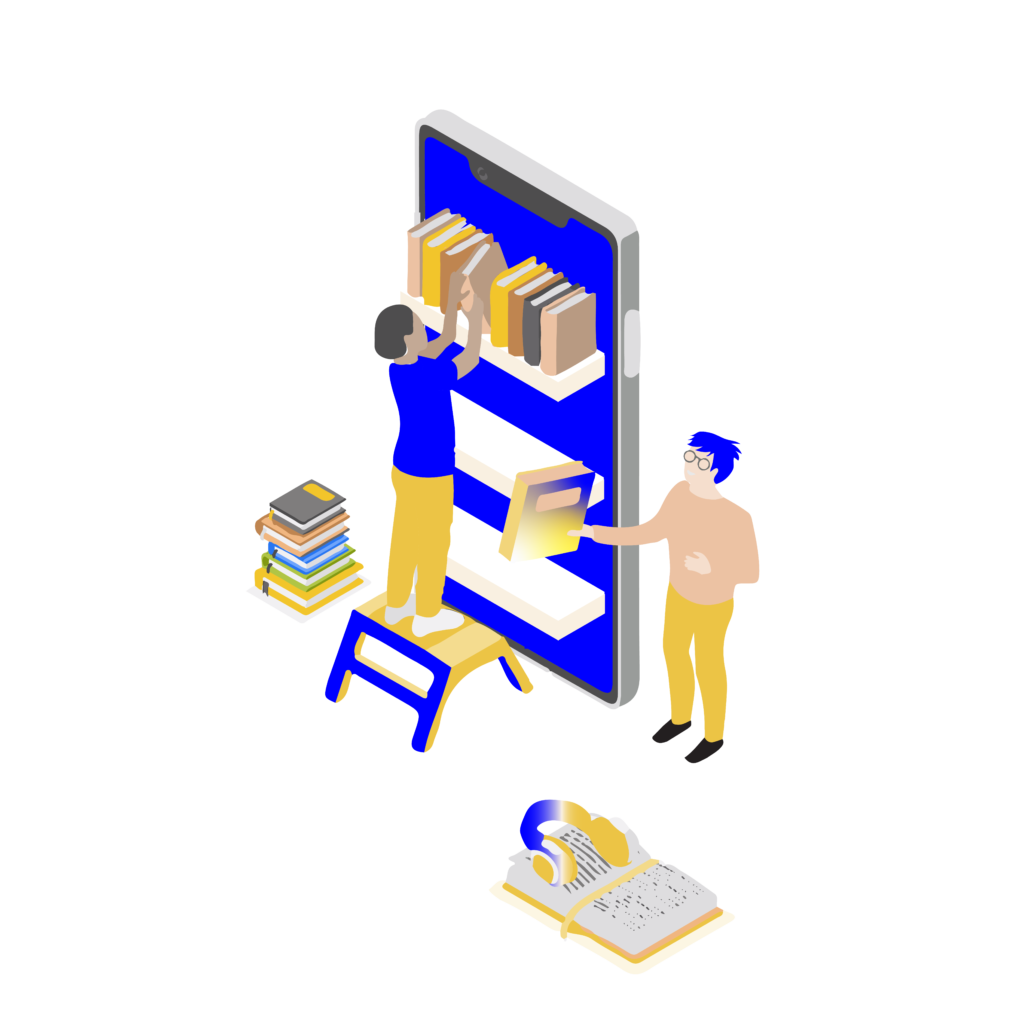
Europe’s social economy spans a diverse range of businesses and initiatives. Data-driven social enterprises—such as health data cooperatives, platform cooperatives, or non-profit organizations—are increasingly recognizing that access to and reuse of data can unlock new opportunities. For these organizations, data is integral to their operations. However, there is still much ambiguity around which data is useful, how it can be shared and reused, and how partnerships around data can be fostered.
Both data-centric organizations and more traditional social enterprises are recognizing the need to strengthen data collection, usage, and storage within the broader ecosystem.
How do we as a society use data for social objectives? And what are the conditions that are important in doing so? These questions are related to the reasons for collecting, managing, storing and sharing data. Reasons such as taking sustainability measures, conducting research to improve health care, making it easier to protect cultural heritage or ensuring that sufficient food is available to the population in the long term.
Working closely with the European Commission (Directorate General GROW), Commons Network and Waag Futurelab joined forces to develop a Code of Conduct. This Code of Conduct establishes a set of principles for how data should be managed and used for the benefit of the social economy, building on the existing EU regulatory framework and the values underlying the social economy.
In addition to these guiding principles, the Code includes practical resources such as guidance documents, templates, and examples of best practices to support organizations in applying these standards. Toward the end of the year, we will host an online event to present the results and discuss their relevance to the social economy through a panel discussion. Stay tuned to this project page for updates on the events and the development of the Code of Conduct.
Project lead: Sophie Bloemen
Run time: 1 Jan 2024 – 31 Dec 2024
Read the code of conduct here.
Other resources:
The Digital Commons Unpacked, where we develop ideas with partners, build bridges between research, society and policy, and work together towards a sustainable digital transition.
Our work on Humans of Digital Transformation
Our publication on the need for generative interoperability to build public and civic digital spaces.
 ☰
☰